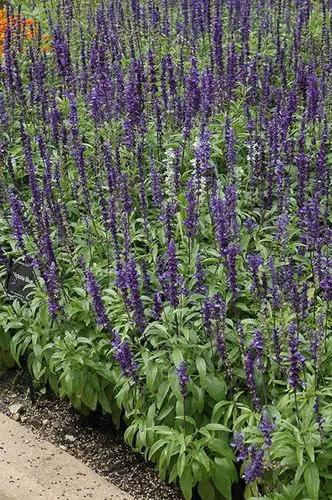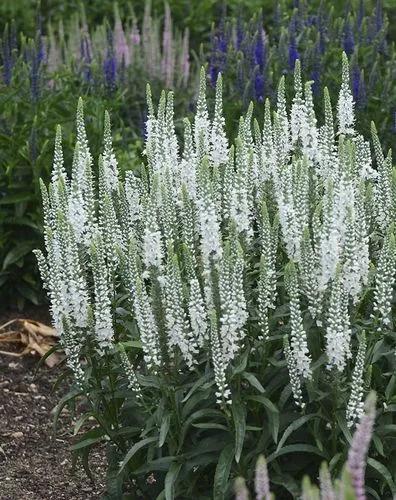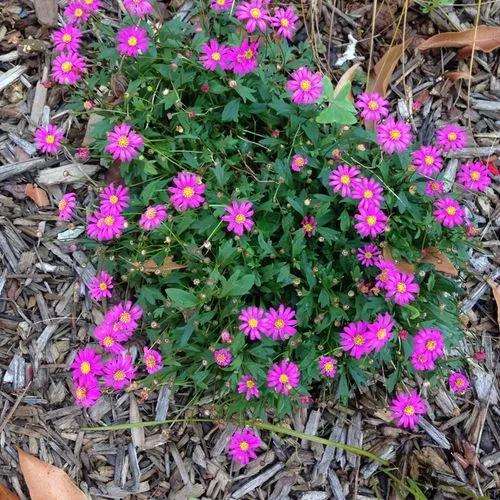Tagetes erecta, the Mexican marigold or Aztec marigold, is a species of the genus Tagetes native to Mexico. Despite its being native to the Americas, it is often called African marigold. In Mexico, this plant is found in the wild in some states.
Mexican marigold Care
Tagetes erecta



An annual plant also known as American marigold, African marigold (Tagetes erecta) produces huge round blooms atop sturdy stems adorned by bright green, ferny foliage. One of the largest members of the marigold family, African marigold attains a height of 2 to 3 feet at maturity. These drought-tolerant, sun-loving plants bloom in a variety of bright colors, including orange, yellow, rusty-red, mahogany and gold. The impressive flowers measure as much as 5 inches in diameter.
How to Care for the Plant

Water

Water your Mexican marigolds regularly. Keep soil moist but not wet. Do not overwater, as the soil could fail to drain and the flowers could be at risk of drowning.

Pruning

Get rid of damaged leaves and stems. This is important because damaged leaves and stems can actually be an energy drain on your plant. By removing those dead parts, you're taking some of that work off your plant’s plate and allowing it to divert its energy into healthy leaves and new growth!

Fertilizer

Simply apply the fertilizer around the base of the plant, extending to the drip line. For vegetables, place the fertilizer in a strip parallel to the planting row. Water-soluble fertilizers are faster acting but must be applied more frequently. This method gives plants food while you water.

Sunlight

Needs at least 6-12 hours of filtered sunlight to grow.

Soil

Loamy soil, a relatively even mix of sand, silt, and clay, feels fine-textured and slightly damp. It has ideal characteristics for gardening, lawns, and shrubs. Loamy soil has great structure, adequate drainage, is moisture-retaining, full of nutrients, easily cultivated and it warms up quickly in spring, but doesn't dry out quickly in summer.

Temperature

This plant is not frost-hardy. It grows where night temperatures do not drop below 60ºF.

Container

Container should provide ample drainage and room for growth.

Popularity

25,148 people already have this plant 2,693 people have added this plant to their wishlists
Discover more plants with the list below
Popular articles






